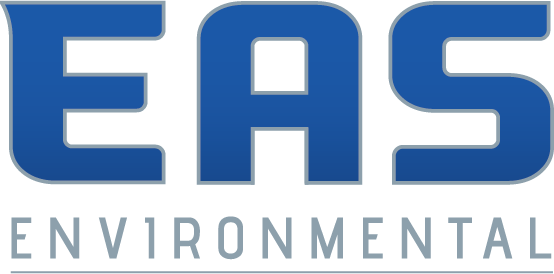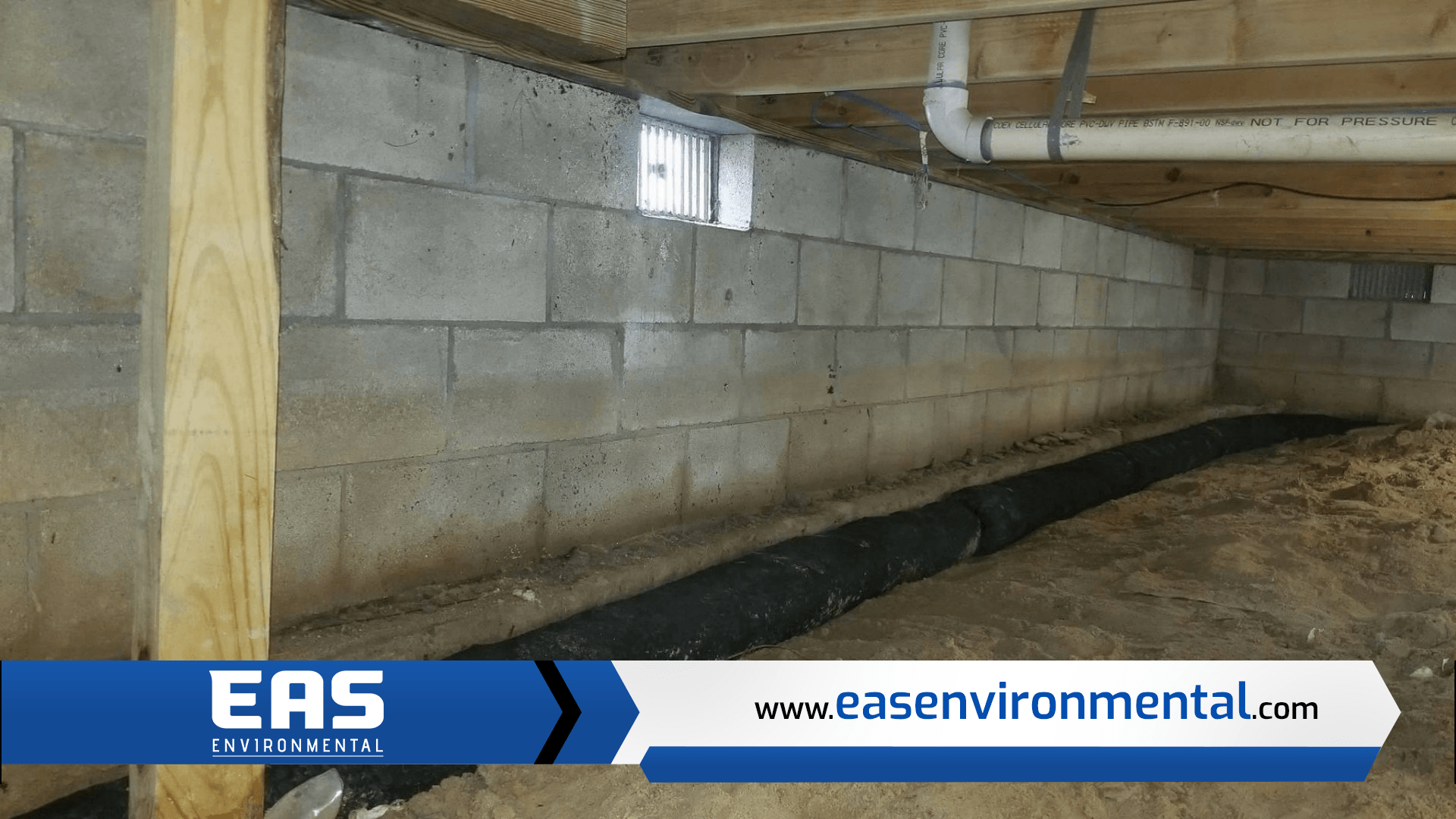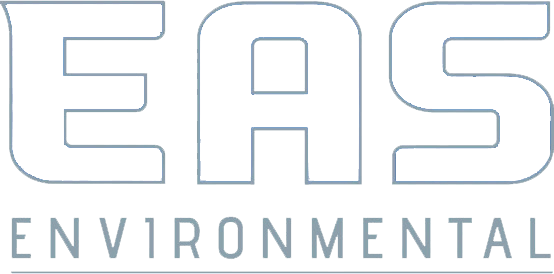Crawl Space French Drain Installation in Charleston, SC
Can you put a French drain in a crawl space?
Yes, French drains function when combined with other solutions. On a slope, when water is traveling underground toward a house, an outside French drain across the land, uphill of the house, can occasionally reroute the flow around the structure sufficiently to keep a crawl space or basement dry.
Is it OK to seal off a crawl space?
"All right, but should I seal my crawl space?" you wonder. You most certainly should. All crawl spaces should be thoroughly sealed and separated from both air and ground moisture.
Should crawl space be vented?
Working vents in the crawlspace are normally required by building standards in the summer to enable outside air to circulate beneath the floor and avoid moisture buildup, which, among other things, promotes mildew and mold and fosters wood decay.
Is sealing a crawl space a good idea?
In addition to insulation, a sealed crawl space may save the homeowner up to 18% on heating and cooling expense. As the chance of mold formation decreases, the risk of structural damage to the home decreases. This prolongs the life of the house and preserves the quality of the wooden surfaces.
Should crawl spaces be vented or sealed?
Because a large portion of the air you breathe in your house comes straight from your crawl space, most contractors now believe that the crawl space should be regarded as part of your living area, which means it should be sealed, insulated, and kept dry.
Does French drain need an outlet?
A well constructed French drain system does not require an exit. The water will just soak into the soil as it runs through the perforated pipe. In essence, a French drain does not require an entrance on only one end.
What does a French drain empty into?
French drains allow water to flow easily through a canal. Water flows into a gravel-filled trench, then into a perforated pipe at the trench's bottom. Water flows freely through the pipe, which discharges safely away from the home.
Can a French drain go uphill?
The short answer is "No." That is, if nothing is done, the water in your crawl space will almost definitely not be able to leave. Moisture can accumulate in your crawl space due to leaking pipes, holes in your concrete foundation, or even the soil itself.
Are French drains worth it?
French drain systems are extremely useful because, unlike traditional surface drains, they collect water over the full length of the drain rather than in a single specialized location. Gravity aids in the movement of water along a smooth route to the intended discharge location.
What does a French drain connect to?
A French drain is a channel that is covered with rocks. It is linked to pipes that direct water away from your house. The raised or upper end of a French drain, known as a drain field, is the initial section. Groundwater and extra surface water enter the drainpipes through the drain field.
Is it normal to have a little water in a crawl space?
Aside from structural issues, dampness in your crawl space may promote the growth of mildew and mold. While a little amount of moisture in your crawl space is typical, especially if you live in a humid environment or an area with considerable yearly rainfall, leaving it there is not a wise choice.
Will a crawl space dry out on it's own?
You can now see the flooring, walls, and overhanging surfaces because there is no standing water. Allowing the crawl area to dry naturally is insufficient. You must ensure that all moisture and humidity are removed from the space. Install a dehumidifier in the crawl space as soon as the surfaces are dry.
Should a crawl space be vented?
Building codes usually require crawlspace vents to be operational in the summer to enable outside air to flow beneath the floor and avoid moisture accumulation, which, among other things, promotes mildew and mold growth and wood damage.
Will a crawl space dry out on its own?
A moist crawl space might take eight to ten hours to dry. Warm, flowing air absorbs moisture more quickly. To hasten the drying process, install a low-heat source, such as a light bulb, within the crawl space and position one or more electric fans to blow air across moist surfaces.
Is water in my crawl space bad?
Puddles of water in the crawl space are undesirable, but the water will not damage your property. Water vapor (or moisture) is what causes rot, mold, energy loss, and insect attraction. Upstairs, up to 50% of the air comes from below, which means mold spores, musty odors, and damp air that dust mites enjoy.
What is the average cost to install a French drain?
The average French drain costs $4,500, according to Fixr. A relatively close-to-the-surface outside drain might cost as little as $1,000, or $25 per linear foot on average. Installing drains beneath your basement floor might cost $2,000 or more. Installation should cost between $60 and $70 per linear foot.
Does homeowners insurance cover French drains?
Unless you have a French drain rider, most standard house insurance (HO3) plans do not cover French drains. French drains, like other pipes, send surface water away from your property, and they are not covered by regular home insurance.
Does a French drain increase home value?
A French drain is a trench that slopes away from your house to transfer water to areas where it will not cause as much harm. French drains may also increase the value of your property, which is especially beneficial if you want to sell it in the near future.
How do I keep water away from my house foundation?
Proper drainage is the most effective approach to keep water away from the foundation of your home. Install a French drain system around the base of the house.
Is it worth it to encapsulate crawl space?
Yes, it is worthwhile, and you will not be regretful. You can secure your crawl space from damage and health dangers, making it a highly useful location for homes. Crawl space encapsulation, along with crawl space insulation and vapor barrier installation, has grown in popularity in recent years.
Got a Question? We’re Here to Help.
You can arrange an appointment or make an enquiry by phone or email, orget in touch to us via our contact form.
Frequently AskED Questions
Take a moment to read answers to our most frequently asked questions about our services.
Cities We Proudly Service
Click on the dropdown below to see all the cities we provide crawl space contracting services.
Contact EAS Environmental Today!
EAS Environmental will do everything we can to ensure your experience with us is excellent.
Request A FREE Estimate
Request a Free Estimate Form
24-Hour Emergency Service
Contact Information
Phone: 843-460-8391
Address:125 Bud Lane Ladson Charleston, SC 29486
Email: sturner@easenvironmental.com
Business Hours:
24/7 Open
Appointments Available
Servicing North Charleston and all of South Carolina
EAS Environmental provides many services related to environmental hazardous abatement and cleanup as well as solving moisture control issues.
Related Services
Please see our most requested services listed below. EAS Environmental is here for you when you need asbestos or lead abatement, or moisture control service to prevent mold growth.
Asbestos Removal
With asbestos removal services, you'll never again have to worry about this hazardous substance that could wreak havoc on your health and wellbeing. Whether its in a private residence or commercial setting, we're a licensed and certified abatement firm that will remove asbestos from anywhere it may be found!
Demolition Services
It's hard to find a good demolition company, especially if you're in an emergency situation. We are the best demolition company around, and we can handle any job big or small. Our team of experts have years of experience under their belt so they'll be able to get your project done right the first time.
Disaster Restoration: Fire and Water Damage Restoration
When disaster strikes, fast action is critical. If your home or business has suffered fire or smoke damage, don’t wait—EAS Environmental is here to help. Our expert team provides responsive and prompt fire and damage restoration services to help you recover quickly and safely. Call us today to learn more about our fire damage repair services near you!
Schedule Your FREE Asbestos & Lead Evaluation!
Did you know that asbestos containing materials are still being sold in today? Call us today to find out more!


